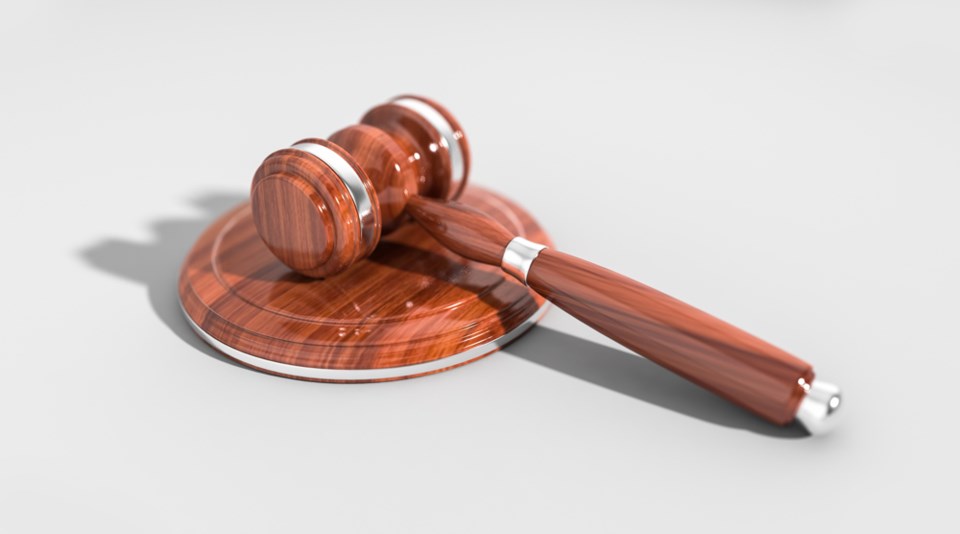A lawsuit that has the potential to stop Kinder Morgan’s Trans Mountain expansion project started on Monday in the Federal Court of Appeal.
The consolidated case, which includes seven First Nations groups, the City of Vancouver, the City of Burnaby and environmental organizations, challenges the adequacy of the National Energy Board. (The B.C. government is also an intervener in the case.)
It suggests the NEB did not properly review the $7.4-billion proposal and failed to consult and accommodate Aboriginal groups along the pipeline route.
Burnaby will present its case on Wednesday, arguing the NEB failed to examine alternative routes that didn’t go through a major metropolitan area.
“We’ll be focusing on their failure to really consider the evidence that the city brought forward of the safety issues, the firefighting issues, the evacuation plans, and the various reasons why the tank farm is such a disastrous choice,” Greg McDade, the city’s lawyer, told the NOW.
The process by which the national energy regulator approves project is fundamentally flawed, added McDade.
“What the NEB did with all of that is rather than decide the evidence, they imposed conditions requiring Trans Mountain to file additional evidence six months before construction or operation, but of course by then, the decision is already made.”
The massive lawsuit could overturn the project.
In October 2015, the Federal Court of Appeal decided to quash the federal government’s conditional approval of Enbridge’s Northern Gateway project. The court found the federal government’s consultation efforts with First Nations “fell well short of the mark.”
However, McDade said “it’s an uphill battle” when asking the Federal Court of Appeal to overturn a Governor in Council decision.
“That’s not a forgone conclusion.”
The Kinder Morgan hearings will wrap up on Oct. 13. The last day will see the federal government, Alberta and the NEB make their arguments.
The city’s lawyer couldn’t say when the court would have its decision.
“Standard (practice), you’d expect a reserve decision to take two to three months. Whether this will be longer because there’s so much material for the court to sort through or less long because they’ve had so much time to deal with it, I wouldn’t predict.”



